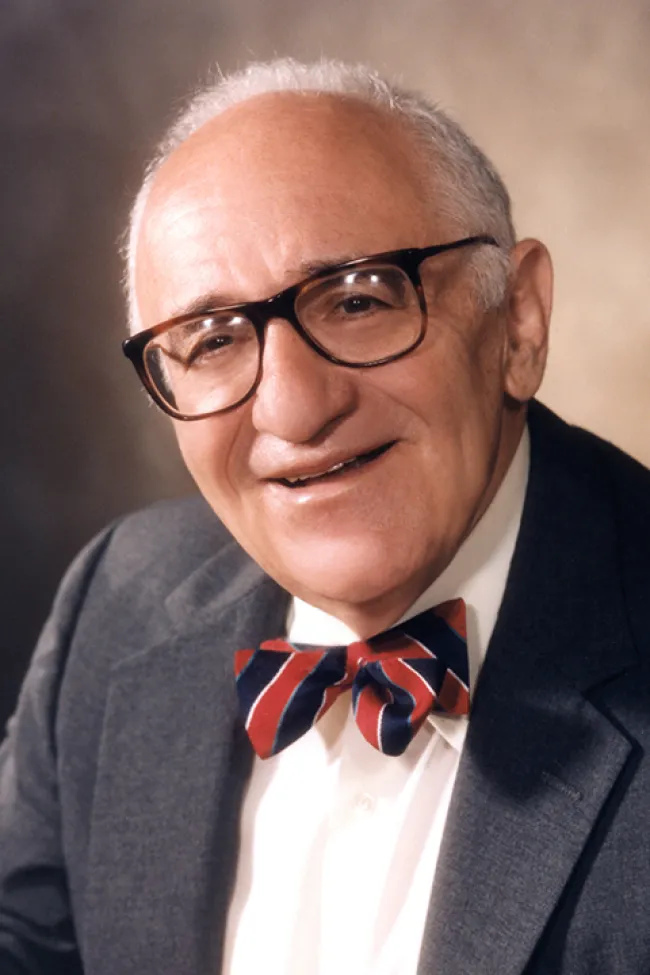- Downloads:
- acusacion_contra_la_reserva_federal.pdf
- The Case Against the Fed.epub
- The Case Against the Fed.pdf
Rothbard provides a succinct account of the origins of money, showing how money must originate from a commodity. Banking originated from goldsmiths, who issued warehouse receipts for gold deposited with them. From this a fractional reserve system developed, inherently prone to monetary expansion and panic.
In the late nineteenth century, a movement toward bank centralization arose among both “progressives” and bankers, the latter eager to increase their profits. From these plans, the Federal Reserve System developed. Rothbard shows the dominate influence of the banking House of Morgan at the Fed’s inception. During the New Deal, Rockefeller interests took first place in influence, with the Morgan interests reduced to a subordinate though still potent role.
The book concludes with an account of the Fed’s role in causing inflation and the business cycle. Abolition of this nefarious agency must be part of any agenda for genuine financial reform.
The HTML version of this book is available here.

No content found

Murray N. Rothbard made major contributions to economics, history, political philosophy, and legal theory. He combined Austrian economics with a fervent commitment to individual liberty.
The Bill of Rights transformed the Constitution from one of supreme and total national power to a partially mixed polity where the liberal anti-nationalists at least had a fighting chance.
The Bill of Rights transformed the Constitution from one of supreme and total national power to a partially mixed polity where the liberal anti-nationalists at least had a fighting chance.
Murray Rothbard recounts how during the French and Indian War (1754–63), Americans continued the great tradition of trading with the enemy.
Mises Institute, 2008

